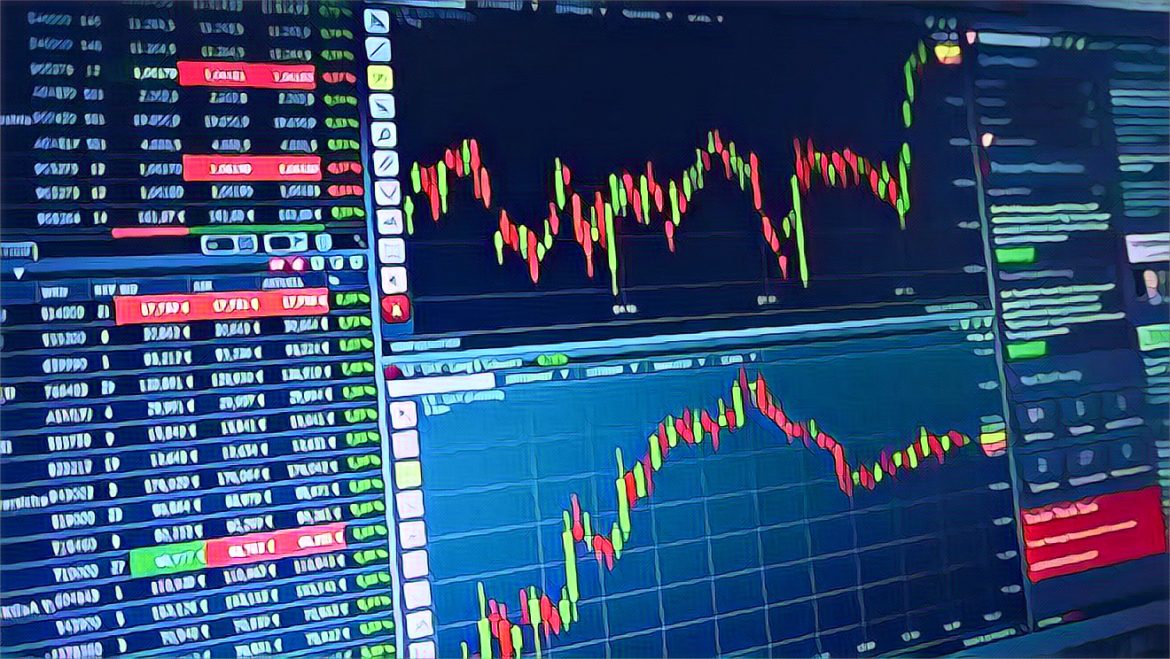Nigeria’s equities market had a stellar performance in 2023, trading stocks worth N3.58 trillion, a remarkable 54.3 percent increase from N2.32 trillion in 2022. This is the highest value of stocks traded in the country since 2007, when N4.172 trillion stocks were traded, according to the domestic and foreign portfolio investment report of the Nigerian Exchange Limited (NGX).
The surge in trading activity was driven by several factors, including the recovery of the economy from the recession of 2020, the stability of the exchange rate, the improvement of the business environment, and the increased interest of both local and foreign investors in the Nigerian market.
The Nigerian equities market also outperformed many other emerging and frontier markets in 2023, posting a return of 45.90 percent, the highest in the world. The market capitalization of the NGX rose from N21.057 trillion at the end of 2022 to N40.917 trillion at the end of 2023, while the All Share Index (ASI) climbed from 40,270.72 points to 74,773.77 points.
The market was dominated by domestic investors, who accounted for 88.52 percent of the total transactions, while foreign investors contributed 11.48 percent. This is a significant shift from the previous years when foreign investors were more active in the market. The increased participation of domestic investors reflects the growing confidence and awareness of the opportunities in the Nigerian equities market.
The sectors that attracted the most attention from investors in 2023 were banking, consumer goods, industrial goods, oil and gas, and telecommunications. Some of the best-performing stocks in the year were BUA Cement, Dangote Cement, MTN Nigeria, Zenith Bank, and Guaranty Trust Bank.
Analysts have attributed the impressive performance of the Nigerian equities market to the favorable macroeconomic and political environment in the country, as well as the supportive policies and reforms of the government and the regulators. The Central Bank of Nigeria (CBN) maintained an accommodative monetary stance, keeping the benchmark interest rate at 11.5 percent throughout the year, while the NGX introduced new products and initiatives to enhance market liquidity and efficiency.
The outlook for the Nigerian equities market in 2024 remains positive, as the economy is expected to grow by 4.2 percent, according to the International Monetary Fund (IMF). The market is also likely to benefit from the increased vaccination against the coronavirus, the implementation of the African Continental Free Trade Area (AfCFTA), and the diversification of the revenue base of the government.
However, some challenges and risks remain, such as the insecurity situation in some parts of the country, the volatility of global oil prices, the inflationary pressures, and the potential policy reversals. Investors are advised to be cautious and selective in their portfolio allocation and to seek professional guidance from reputable brokers and analysts.
The Nigerian equities market has shown remarkable resilience and growth in 2023, despite the uncertainties and disruptions caused by the pandemic. The market has also demonstrated its potential to contribute to the economic development and wealth creation of the country. With the right policies and strategies, the market can achieve even greater heights in 2024 and beyond.
Source: BusinessDay


